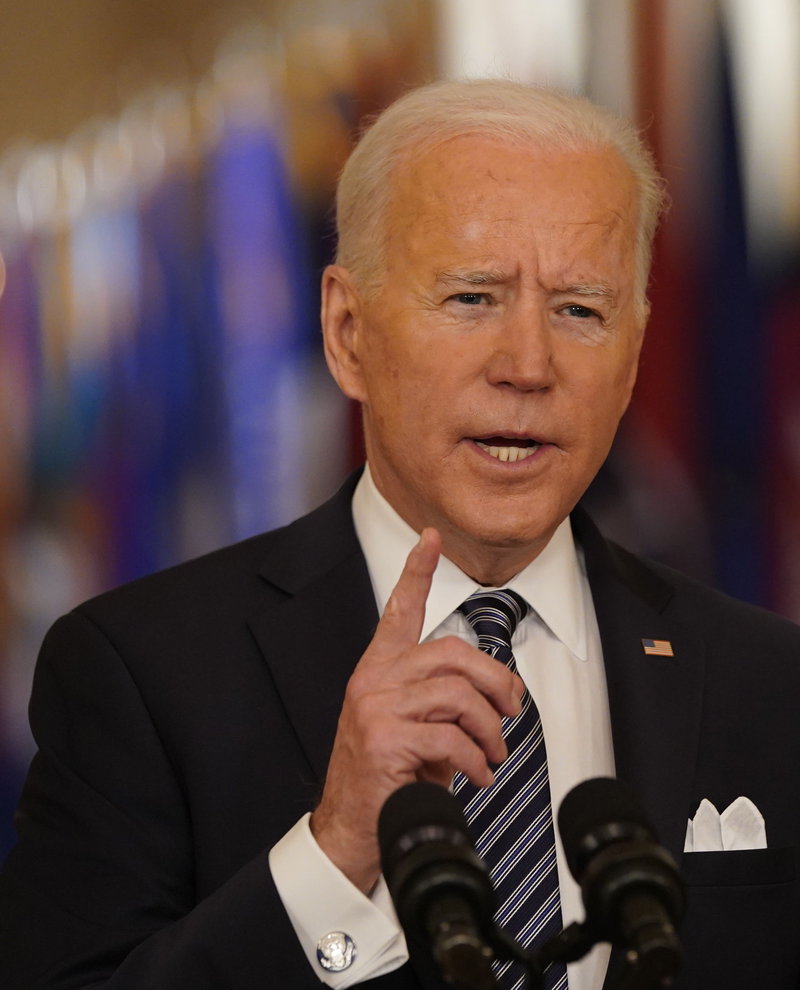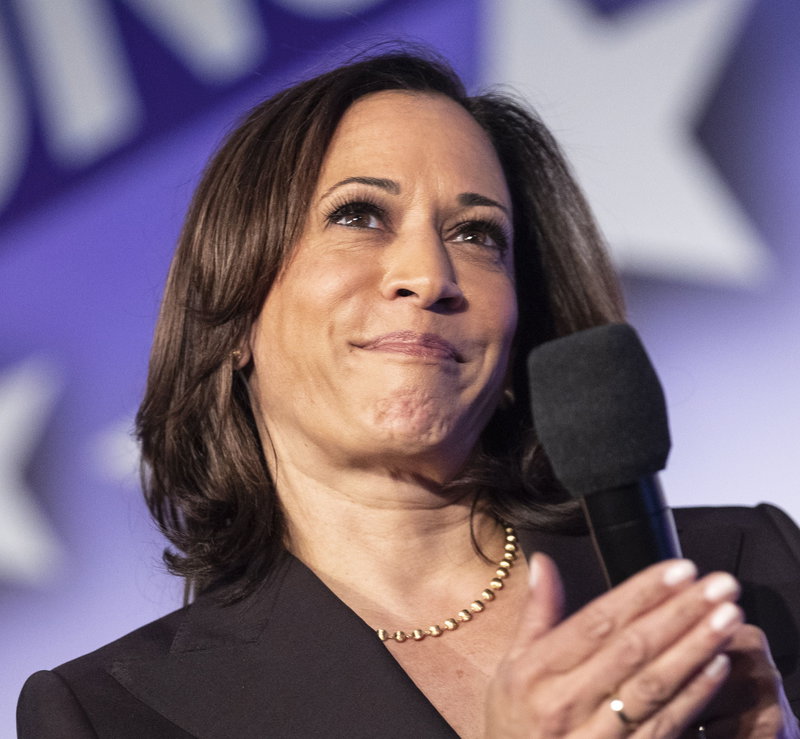Biden’s challenges
The US president has spent over 100 days in office, and is facing an economic crisis, a pandemic, and immigration problems
The issue of immigration IS currently one of Biden’s biggest problems The new president is keen to take a lead in foreign policy
At the end of April, US president Joe Biden passed the 100-day mark in office. After winning a tighter victory than expected, which was followed by one of the most serious episodes in American history in the shape of the assault on the Capitol on January 6 by Donald Trump supporters who did not accept the results of the election held in November, the Democrat is still at the beginning of his term and faces some difficult challenges ahead. With Kamala Harris as his vice president, the new president began his term signing hundreds of decrees to reverse many of his predecessor’s policies.
Biden also set key deadlines for two of the priorities of his term: ensuring a majority of the population is vaccinated by July 4, and starting to withdraw the 14,000 US troops from Afghanistan by September 11. That date marks the 20th anniversary of the attacks on the Twin Towers in New York that led to the so-called war on terror, which has cost the US almost two trillion dollars.
1. Immigration
Immigration was one of the key issues in the 2016 election campaign, which saw Donald Trump grab the White House. In 2021 it is one of Biden’s most pressing problems. The number of immigrants detected in recent weeks on the border with Mexico who are hoping to enter the US is higher than at any point in the previous three years. This has led Republicans to criticise Biden’s management of the situation and to accuse him of encouraging migrants in statements pledging reform to the immigration system.
2. Polarisation
American society has been polarised for the past four years. Donald Trump’s tenure has left a tense climate, which hit its peak during the assault on the Capitol. Despite Joe Biden being the most voted president in the country’s history (more than 81 million ballots), 70% of Republican-affiliated Americans claim that he was not legitimately elected as president, according to a recent poll by The Washington Post and ABC News. One of Biden’s pledges is to “return concord” to a country that has experienced the greatest political tensions in decades, and even centuries.
3. Trumpism
Trumpism has sunk deep roots into many sectors of American society. Many of his supporters like his direct style and his populist opinions. These have at times shaken the Republican Party, who see the former reality TV host as something of a political outsider. While Trump aims to be a thorn in the side of the Biden administration, he is also a problem for the Republicans, with some party factions thinking he has gone too far. Trump says he wants to run again as a presidential candidate in 2024, but he will first have to overcome the scepticism towards him from among his own party’s ranks.
4. Foreign policy
The Biden administration has been quick to implement a turnaround in foreign policy, with the new president keen to take a lead. An example is his response to the war between Ukraine and Russia, which has been going on since 2014. The US has fully aligned itself with Kiev and NATO in the face of escalating violence in recent weeks. Biden wants to leave behind his predecessor’s conciliatory approach towards Russian president Vladimir Putin, and Biden recently pointed to the Kremlin’s efforts to “undermine the holding of free and democratic elections,” an accusation that led to sanctions against 32 Russian entities and individuals.
As for China, the president says the US will not allow “economic abuse”, but he has also abandoned Trump’s belligerent tone towards Beijing. In his strategy to once again make the US a major player at a geostrategic level, the Democrat has also announced increased diplomatic efforts to end the war in Yemen, which has caused more than 100,000 deaths and devastated the country. Biden has also vowed to stop selling weapons to one of the countries involved in the war, Saudi Arabia, a staunch US ally that had Trump’s full support.
5. Firearms
The president has called the widespread use of firearms in the US an “epidemic”. In March, for example, there were 850 gun incidents reported, in which 250 people died and 500 were injured. The statistics say that more than 40,000 people die each year in the US from the use of firearms, and in 2020, there was a record number of homicides. Biden wants to ban so-called ghost guns, which are sold as homemade kits that allow you to make a gun in just under half an hour. However, the president has his work cut out curbing gun ownership, as much of the population defends its constitutional right to bear arms. In addition, the pro-gun lobbies in the country are very influential.
6. The pandemic
The US has been hit hard by the coronavirus pandemic, which has caused over 400,000 deaths. In response, Biden has launched an ambitious vaccination plan, with July 4 as the deadline for 70% of the population to have been vaccinated. At the same time, his administration has begun a financial aid plan worth more than two trillion dollars.
7. Racial tension
The death of African-American George Floyd at the hands of police in May 2020 sparked protests and riots across America. Police violence against African Americans is generally perceived as commonplace in the US, and every year 1,000 people die at the hands of law enforcement officers. In his first week in office, Biden signed a series of executive orders that seek to begin bringing systemic racism to an end by strengthening anti-discrimination laws, combating xenophobia toward Asians, and increasing the sovereignty of Native American tribes. The justic department’s contracts with private prisons have also been eliminated, which is seen as a step towards more equity in the criminal justice system.
8. War on drugs
According to the US Department of Health, 57.2 million people used illicit drugs in 2019, up from about 10 million in 2015. What’s more, the pandemic has contributed to pushing drug consumption to record levels, so much so that before he left office Trump declared the country’s drug addiction problem a public health emergency.
9. Climate change
One of the first decisions Biden made was to return the US to the Paris Agreement to fight climate change. Thus, the US has now realigned with the group of countries that made commitments to combat climate change. At the same time, the Democratic president has also reincorporated the US into the World Health Organisation (WHO), after Trump had withdrawn it in July 2020, in the midst of the pandemic.
feature international politics




